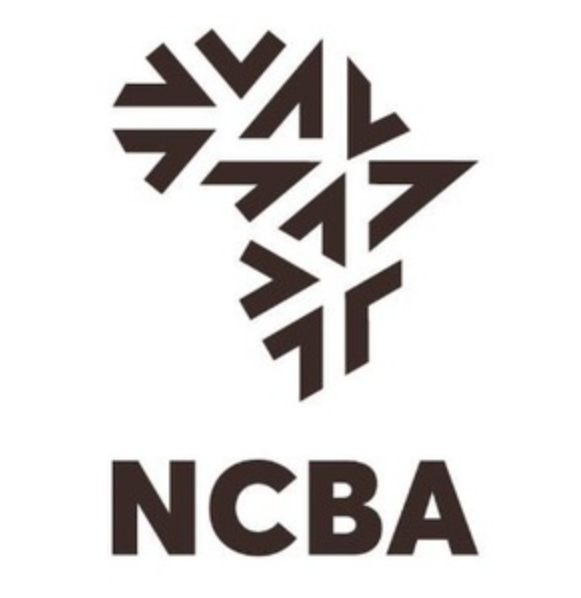NCBA Bank has been at the center of customer service complaints in the past, and its current handling of technical errors, such as locking Ksh 107,443 in a customer’s account, seems to echo the inefficiencies observed in previous scandals.
The most notable of these was the controversy involving the merger between NIC Bank and Commercial Bank of Africa (CBA), which formed NCBA.
This merger, though heralded as a strategic move to enhance financial inclusion and boost digital banking services, also exposed numerous operational weaknesses that impacted customer experience negatively.
Back in 2019, following the merger, customers began to report frequent system downtimes, delays in service, and inaccessible funds, leading to frustration similar to what many are experiencing today.
In that period, NCBA’s system outages left clients unable to access their accounts, pay bills, or make transactions for extended periods.
The technical hiccups were blamed on integration issues following the merger of two banks with vastly different operational systems.
Much like the current complaint of locking funds due to system errors, this was attributed to internal technical difficulties that the bank struggled to resolve in a timely manner.
The scale of customer dissatisfaction after the merger led to NCBA issuing public apologies, and at one point, even suspending its services to fix the technical issues.
However, even with these efforts, customers continued to experience sporadic service interruptions, indicating that the bank’s technical support team was not adequately equipped to handle large-scale operational changes.
The slow resolution of these problems damaged customer confidence, a problem the bank has yet to fully recover from.
Fast forward to today, the case of Ksh 107,443 being locked in a customer’s account and blamed on a system error showcases how the legacy issues from the merger still haunt the bank.
The recurring nature of the issue happening twice within a month for this particular customer mirrors the patterns seen in the past, where system errors would often resurface despite assurances that they had been resolved.
Customers dealing with repeated account restrictions or delays in accessing their funds have expressed concerns over the competency of NCBA’s technical team, which seems slow to address and fix recurring problems.
Another point to note is how NCBA handles customer communication and resolution.
During the merger, there was a number of complaints over the bank’s lack of timely communication with customers.
While NCBA publicly apologized for the inconveniences caused by the system outages, many customers complained that they were not informed of the issues ahead of time, leaving them in financial limbo without clarity.
In the current situation, there appears to be a similar issue with transparency.
Although the customer has been informed that the Ksh 107,443 lock was due to a system error, it is evident that the customer service team is not providing a clear or timely solution, just as in the aftermath of the merger.
One key lesson from NCBA’s history is that the bank needs to improve its internal systems to prevent recurring errors and improve customer experience.
The slow response times and lack of clarity from customer service agents, combined with the inefficiency of the technical support team, point to deeper structural issues that NCBA must address.
Customers expect more from a major player in the banking industry, especially one that has positioned itself as a leader in digital banking.
This case and the previous scandal share the same root cause, insufficient technical preparedness and a slow, reactive customer service approach.
If NCBA is to avoid further damage to its reputation, it must invest in its technical infrastructure and improve its responsiveness to customer complaints, especially when large sums of money are involved.
The future of NCBA’s customer trust will depend heavily on how well it can learn from these repeated mistakes and establish a more robust, efficient operational system that prioritizes customer satisfaction.





















Add Comment